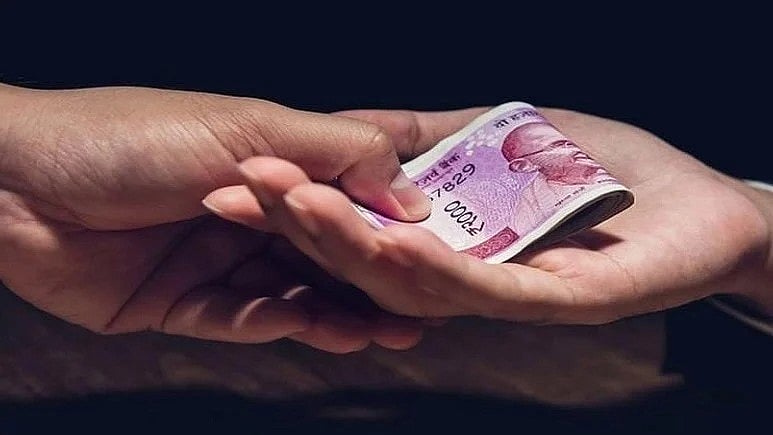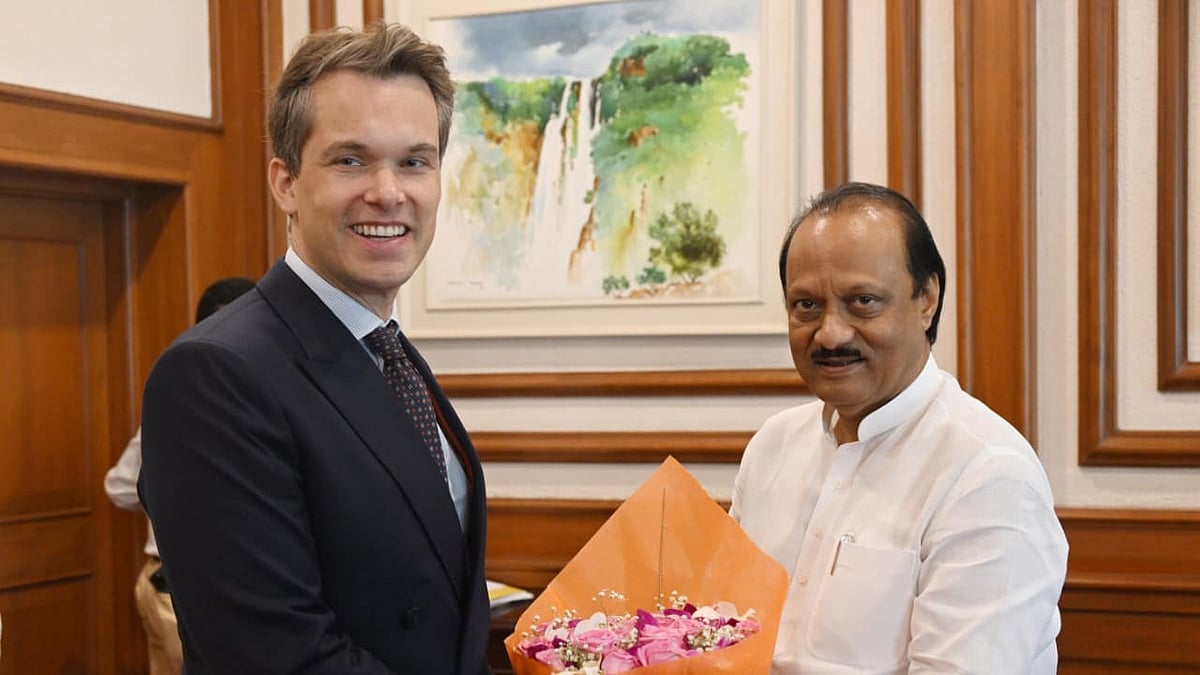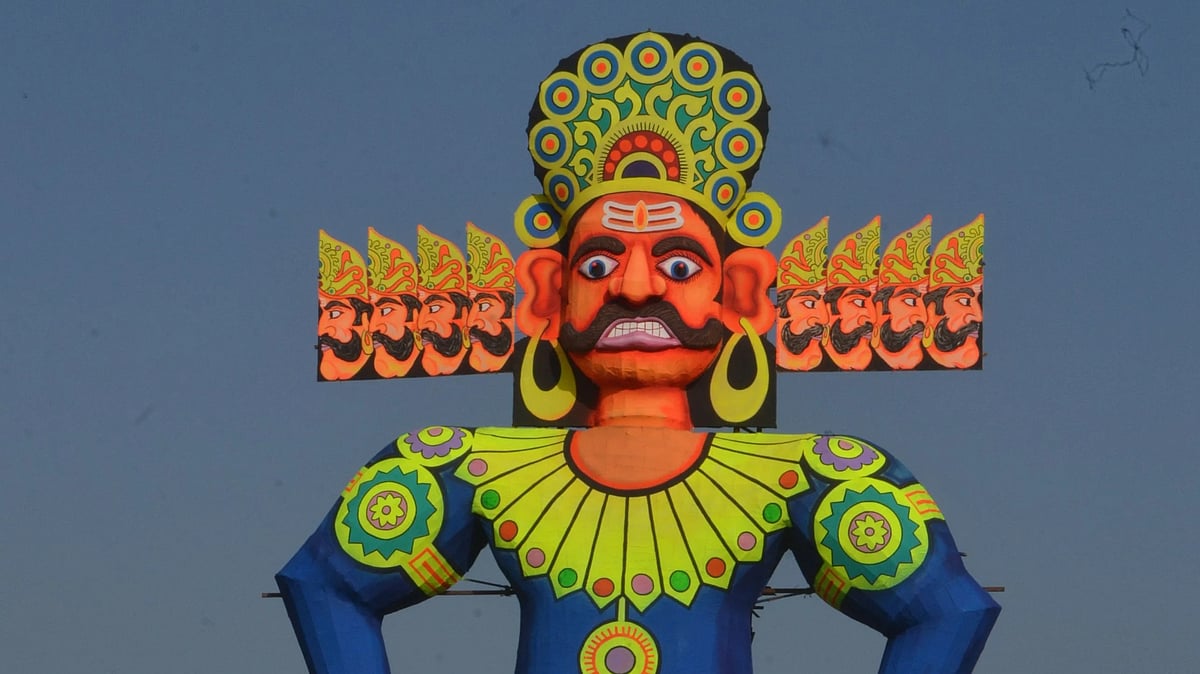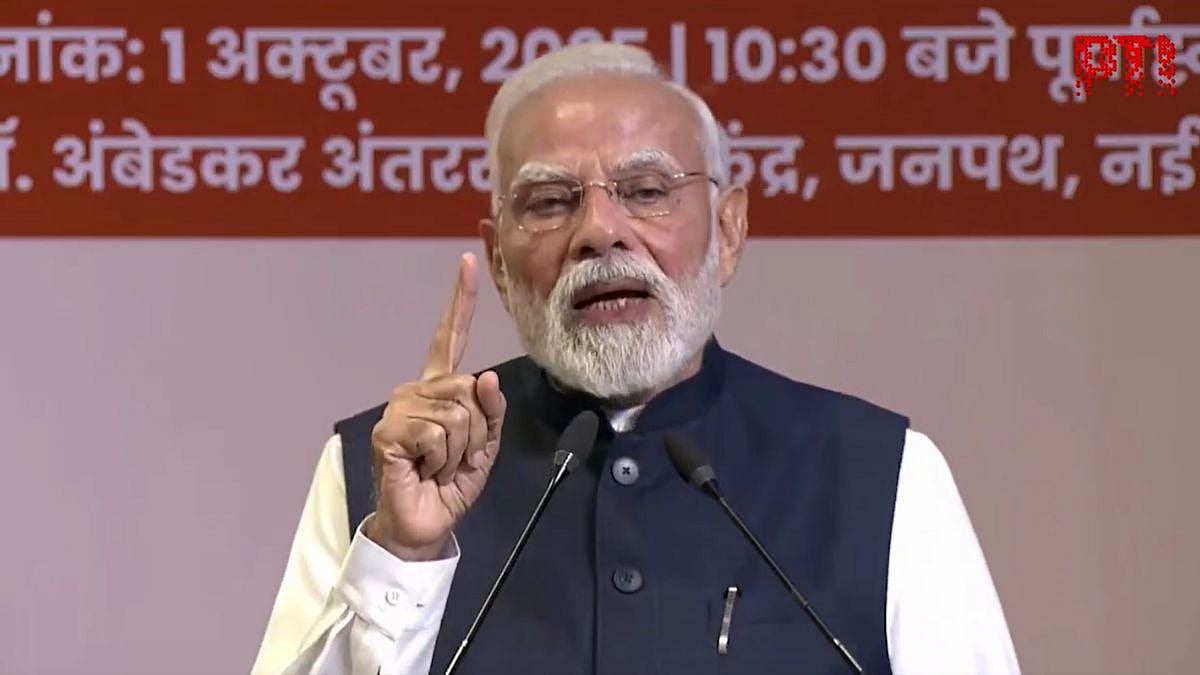Last week I moderated a session online for TedxGateway (India chapter of the global platform) featuring tennis ace Leander Paes. The subject of this ongoing webinar series is ‘The World Has Changed’, and is obviously linked to how life has or will unravel in the light of the COVID-19. It turned out to be a fascinating experience.
That even marquee names like Paes have been doing ‘jhadoo-pocha’ in these excruciating times — along with managing a 75-year-old father and a 14-year-old daughter gives an offbeat dimension to the persona.
This is Paes’s longest break from tennis in 35 years. Since he was 12, he’s been on the road, first in pursuit of tennis expertise having switched over from his passion, football, and then for tennis honours, never looking back nor stopping.
Paes won junior Wimbledon title in 1990, turned professional in 1991 and ever since has chased titles and accolades, which have come to him aplenty. He has won 19 Grand Slam title as a doubles player (men’s and mixed) as well as 55 ATP titles, plus a bronze medal in the 1996 Olympics at Athens.
He’s had a whopping 136 doubles partners, the best known among them compatriot Mahesh Bhupathi, with whom he won multiple Grand Slam and ATP titles, and Martina Navratilova and Martina Hingis in mixed doubles.
These facts are well-known, but worth repeating to highlight the longevity and magnitude of his career. More telling is how he has coped with major upheavals in his sporting life.
The success of stellar sportspersons is often misunderstood by lay people. Most think that sporting excellence is a linear function of god-given talent, supported by a helpful family and good coaching. While this is obviously true, there are several other factors that play a crucial role.
Luck, for one, which can make or break a career. Imagine an athlete preparing for a shot at an Olympic medal and suddenly finds that a pandemic has caused a deferment of the Games by a year.
Not only can a year's delay take a heavy toll on an athlete's body, but can also play havoc emotionally and psychologically. The physical and mental preparations at the elite level are very regimented and sharply targeted. Any disruption in this could throw everything off gear.
American multi-medal winning Olympian gymnast Simone Biles – who was tipped to win a few more at Tokyo for instance – has confessed she may or may not participate next year after the Games were shifted by a year because of COVID-19 because she might not be up to it, more mentally than physically. She’s only 23.
There was no way for Biles to know that COVID-19 would strike. Paes stands at a different crossroad because of this pandemic, but the principle is the same. At the start of 2020, he announced this would be his final year on the circuit. ‘The Last Roar’, he called it. How was he to know what fate had in mind?
But while luck is an imponderable, other important attributes in the making of a champion are all driven by the individual viz. unrelenting ambition and desire to succeed, great capacity for hard work, and ability to take stock and reinvent whenever needed to stay relevant in the sport.
Let’s look at these in Paes’s context. As a child, he showed good ball sense and sporting talent. He could play cricket and tennis, but his passion was football. Somewhere along the way, with help from his parents who were both sportspersons (big advantage), he plumped for tennis.
This was an early reinvention, but vital in how his career shaped up subsequently. The drive to excel, as he says, came from Paes Senior, who wanted his son to participate in four Olympics. But actualising this dream came from Paes Junior. Between 1996 and 2016, he represented India in a record 7 Olympics.
Having won a bronze in the 1996 Olympics, Paes did not give up on his ambitions as many would do. After all, how many Indians have won an Olympic medal? Instead, he again reinvented himself, becoming a doubles expert, and went on to become the best in the world.
The most dramatic inflection point he points out came in 2003 when he was detected with an infection in his optic nerve, initially wrongly diagnosed as cancer, but with serious health implications nonetheless. Majority opinion was that this was the end of the road for Paes.
With sundry Grand Slam and ATP titles and an Olympic medal, why would he want to take any risk? But he did, and from 2003 has won more titles than he had done in the preceding dozen years as a professional, defying advancing age with supreme fitness and reinvigorating his desire to win at every step.
All these attributes and qualities make for a sporting entity that can achieve greatness. A shortfall in any one could result in a moderate career at best, not a salutary one.
Such a story is not only about sports. It is also a metaphor on coping with the vicissitudes of life, like the current pandemic, which makes extraordinary demands on intelligence, emotion and mental toughness.
The writer is a senior journalist who has been writing on the sport for over 40 years.










